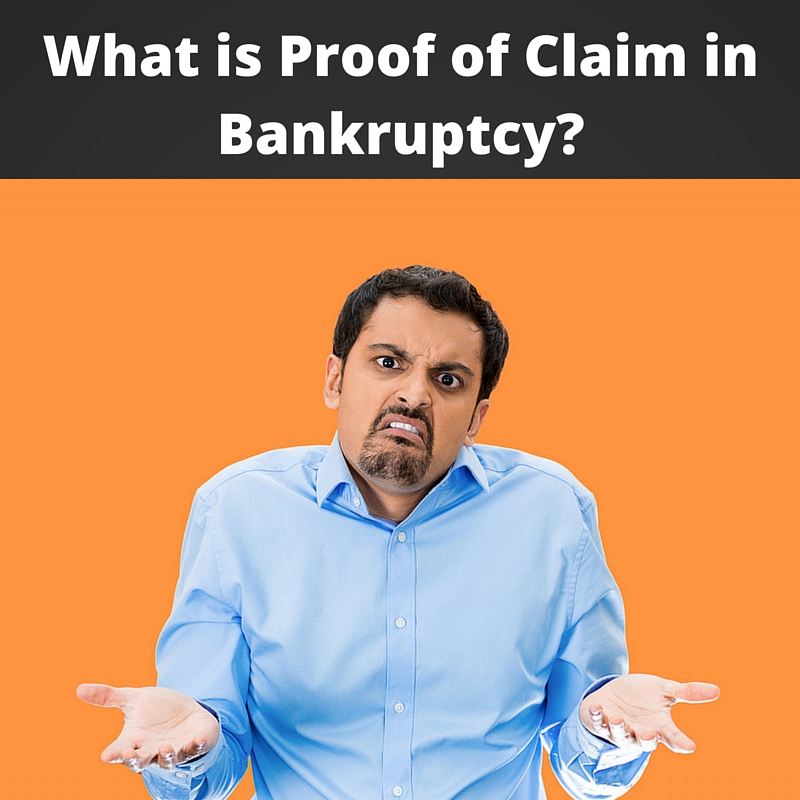What is Proof of Claim in Bankruptcy?

In order for a creditor to get paid when a customer files for either Chapter 7 or Chapter 13 bankruptcy, they must file what is known as a proof of claim. This document asserts the creditor’s right to receive a distribution from the bankruptcy estate.
What is Proof Of Claim?
A proof of claim form is submitted by a creditor during a bankruptcy proceeding. The proof of claim shows how much the creditor is owed and how the debt was incurred. The creditor may file documents confirming the claim, such as promissory notes or those that show a security interest in property. Creditors who claim a debtor owes for medical services must not disclose confidential healthcare information as part of the claim.
Who Must File a Proof of Claim?
All unsecured creditors are required to file a proof of claim in order to receive any payment from the bankruptcy estate. Secured creditors may not need to file a proof of claim if they hold a lien or have a debt that includes a security agreement.
What is Included in a Proof of Claim?
A proof of claim is a federal form that requires the creditor to provide specific information. The information required on the form include:
- the debtor’s name and case number
- the creditor’s name
- notice and payment addresses for the creditor
- claim amount as of the bankruptcy filing date
- whether the debt is a secured, unsecured, or priority claim, and
- the creditor’s basis for the claim.
Objecting to a Proof of Claim
In most cases, the court accepts the information on a proof of claim unless the debtor, trustee or another party to the bankruptcy objects. There are several reasons why an objection may be filed, including incorrect amounts, improper interest or penalty charges not allowed by the courts.
If a creditor files the form in an effort to harass the debtor or if no supporting documentation is attached, it is possible to object to the proof of claim. The objection must be filed in writing with the bankruptcy court. A copy of the objection must be presented to the creditor, the debtor and the trustee at least 30 days before the bankruptcy hearing.
In a Chapter 7 bankruptcy case, only the trustee has standing to object to the proof of claim, although most bankruptcy courts will allow the debtor to file an objection if they can show that the debtor has a financial interest as there may be money remaining after all claims are paid or if the trustee failed to object to the clam in question. The objecting party has the burden of proof in objecting a proof of claim.
Anyone can object to a claim in Chapter 13 bankruptcy without demonstrating the requirements to object under Chapter 7 bankruptcy.
If you have facing financial hardship and are considering bankruptcy, contact us today online or by calling 1-800-GMLAW to learn whether bankruptcy is the right answer for you.



